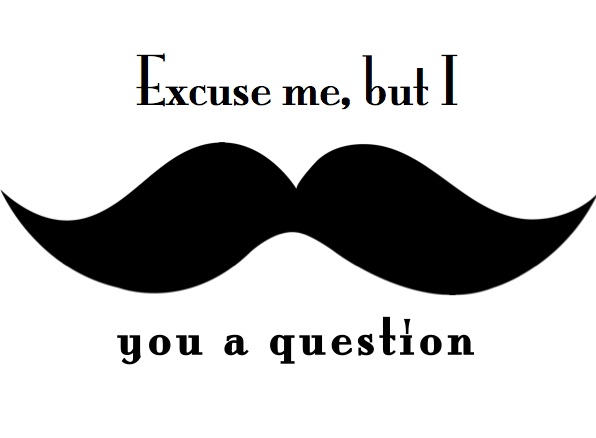Oaths Amendment Bill
1. Chapter 1, Section 1.8, Clause 20 of the Codified Law of The North Pacific is hereby amended to read as follows,
20. "Gross Misconduct" is defined as the violation of an individual's legally mandated sworn oath, either willfully or through negligence.
2. Chapter 4, Section 4.1, Clause 3 of the Codified Law of The North Pacific is hereby repealed.
3. Clauses 4 - 21 of Chapter 4 of the Codified Law of The North Pacific are hereby renumbered 3 - 20 respectively.
I highlight below the changes effected by this bill:
Legal Code, Section 1.8:
Legal Code, Section 4.1, Clause 3:20. "Gross Misconduct" is defined as the violation of an individual'ssworn oath of officelegally mandated sworn oath, either willfully or through negligence.
3. This Oath will be binding and violations are grounds for a recall.
The purpose of this simple bill is to fix an issue caused by this act. Said act made the change that criminal charges could only be brought for offenses specified under the Criminal Code section of the Legal Code.
In the past, violations of sworn oaths were penalized by means of criminal charges. With the change the above act made, this was no longer possible. For this reason, that act also added "gross negligence", making violations of oaths of office a criminal offense. However, for some reason, the membership oath was left out. The propose bill addresses this issue by re-defining gross negligence to include violations of all legally mandated sworn oaths.
This bill also repeals Section 4.1, Clause 3 of the Legal Code. That section says that the oath of office is legally binding and grounds for recall. The first part is not necessary, as the oath is already made legally binding under Article 6, Clause 2 of the Constitution. The second part is not necessary either: Grounds for recall can be anything and do not need to be specified. In fact, if we get down to including partial specifications of what is grounds for recall in our laws, we open the door to frivolous arguments. For example, one could argue that motions for recall may not be brought for anything not specified as grounds for recall in the law.





